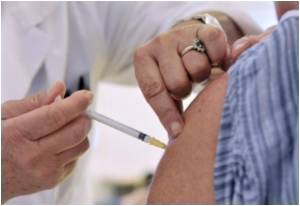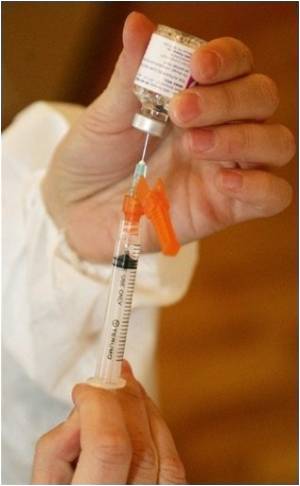World Health Organisation chief Margaret Chan warned Monday that the health community needs to tackle strong and worrisome public mistrust of vaccines, following signs of a tail-off

"In some cases, persuading the public to seek vaccination has become even more problematic than during the pandemic," the director general said at the beginning of the board's annual meeting.
The H1N1 virus is now regarded as part of seasonal influenza and protection is included in standard seasonal flu vaccines.
But during the 14-month pandemic alert sparked when swine flu appeared in 2009 and spread swiftly around the world, large stocks of specially-made vaccine went unused in Western nations as critics raised doubts about its value or potential side-effects.
The UN health chief noted that "the problem of public mistrust extends well beyond influenza vaccines."
"We may need to accept the fact that public perceptions about vaccine safety can be permanently changed by unfounded fears, to an extent that no amount of evidence can change the public's mind.
Advertisement
A study by the WHO in 2009 estimated that the rate of incomplete childhood vaccination stood at 44 percent.
Advertisement
Such concerns have been raised about measles, following a resurgence of the potentially deadly childhood illness in Europe in recent years that has coincided with public scepticism about the value of routine child immunisation.
In contrast, poor nations often struggle to find enough childhood vaccines and rely on mass immunisation campaigns by international agencies.
Global efforts to eradicate polio were hit by a year long halt to immunisation in Nigeria in 2003, when radical Muslim clerics and some doctors raised unproven concerns about vaccine safety, allowing the disease to spread.
Source-AFP













